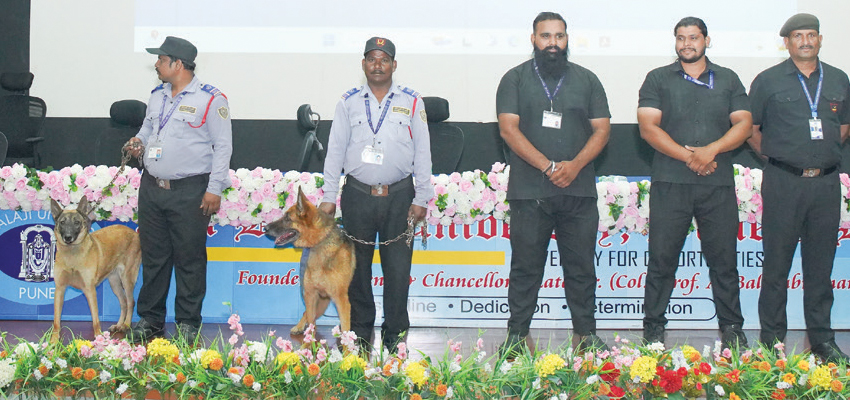Children of a lesser God

Last month, amidst the NEET examination scam, a news item from Switzerland stirred the corporate world and in fact, the entire nation. The Swiss Court convicted four members of the renowned Hinduja family, (which is amongst the 350 richest families in the UK with a fortune of nearly 30 billion dollars) for ill-treating and exploiting their domestic staff in terms of long working hours and abysmal salaries. The case which began in 2018 after the Swiss prosecutors suo motu raided the Hinduja villa and its offices; concluded with this order.
While Hindujas would seek justice in the higher court by the time this article is published, let us give a thought for the underprivileged in our country. I dare say the 18th century feudalism even in this ultra- modern 21st century, is still deeply ingrained in the bones of the privileged of this country.
Let’s consider the driver community. We ask them to drive us for long hours for tours and holidays and settle ourselves in plush hotels. What about the driver who has been at the steering wheel on a long journey, for your comfort? Most of us do not even think it is insensitive to let the driver sleep inside the car overnight or be offered abysmal facilities by the hotel which often reek of mosquitoes and pathetic basic amenities.
Last year, the humane Tamil Nadu government has revised regulations, requiring hotels and lodges to offer dormitory and toilet facilities for the drivers of their guests. According to the amendments, these establishments must provide dedicated dormitory accommodations for drivers. The regulations stipulate that there must be enough space around each bed, as well as one separate toilet and one separate bathroom for every eight beds.
On the bright side of the otherwise dismal scenario, there would be enough instances where there is no discrimination and all are seen in the same light. I have several friends who treat domestic servants as an extension of their own family and even dine with them at the dining table.
Another exemplary instance is the management of Sri Balaji University, Pune (SBUP). Recently, at the induction programme of the new MBA academic batch of 2024-2026, various departments were being introduced to the strong audience of 1000 students. Interestingly and admirably, the first department called on to the stage for introduction, was the security department (and not the directors and professors of the four MBA institutes as would have generally been the case). As over a dozen of them stood on stage with four German Shepherd dogs, there was a thunderous applause. The management explained to the students politely that they must respect the security guards as they protect our campus and students’ wellbeing. Hence, they have to be spoken with respect and no one must raise their voice against them.
In 2012, a movie titled `Delhi in a Day’ was released. It revolved around a British traveller who lives as a guest in a rich home in Delhi, where poorly-paid and vulnerable domestic workers are taken for granted and casually humiliated. The family had no qualms about mocking and bullying the servants, who like in thousands of city homes, work tirelessly cooking, cleaning, and performing endless duties expected of modern-day servants. The firangi traveller is disgusted at this discrimination and his dreams of visiting India as a spiritual experience is shattered with this cruelty.
Ela Bhatt, a pioneer in women empowerment has stated in her speech, published by www.theelders.org, very aptly: “Gandhiji called poverty a moral collapse of society, and he believed its roots lie in what he called the seven social evils...And indeed, what is poverty but a passive form of violence. A chronic abuse of human dignity that strips away a person's humanity, and corrodes the human spirit.
When a woman does back-breaking work for 10 hours a day but cannot feed her family with her earnings, society has scorned her labour.
When construction workers build housing complexes but they remain homeless and migrants, society has snatched away their right to safety and a sense of belonging.
When a farmer grows food for the world, but goes hungry himself, society is callous.
such are the ways in which society gives its social consent to let the situation continue. For this reason, I say that our silence is violent. Our looking the other way is a form of consent. It is our moral failure that we still tolerate poverty.”
Indeed, food for thought.